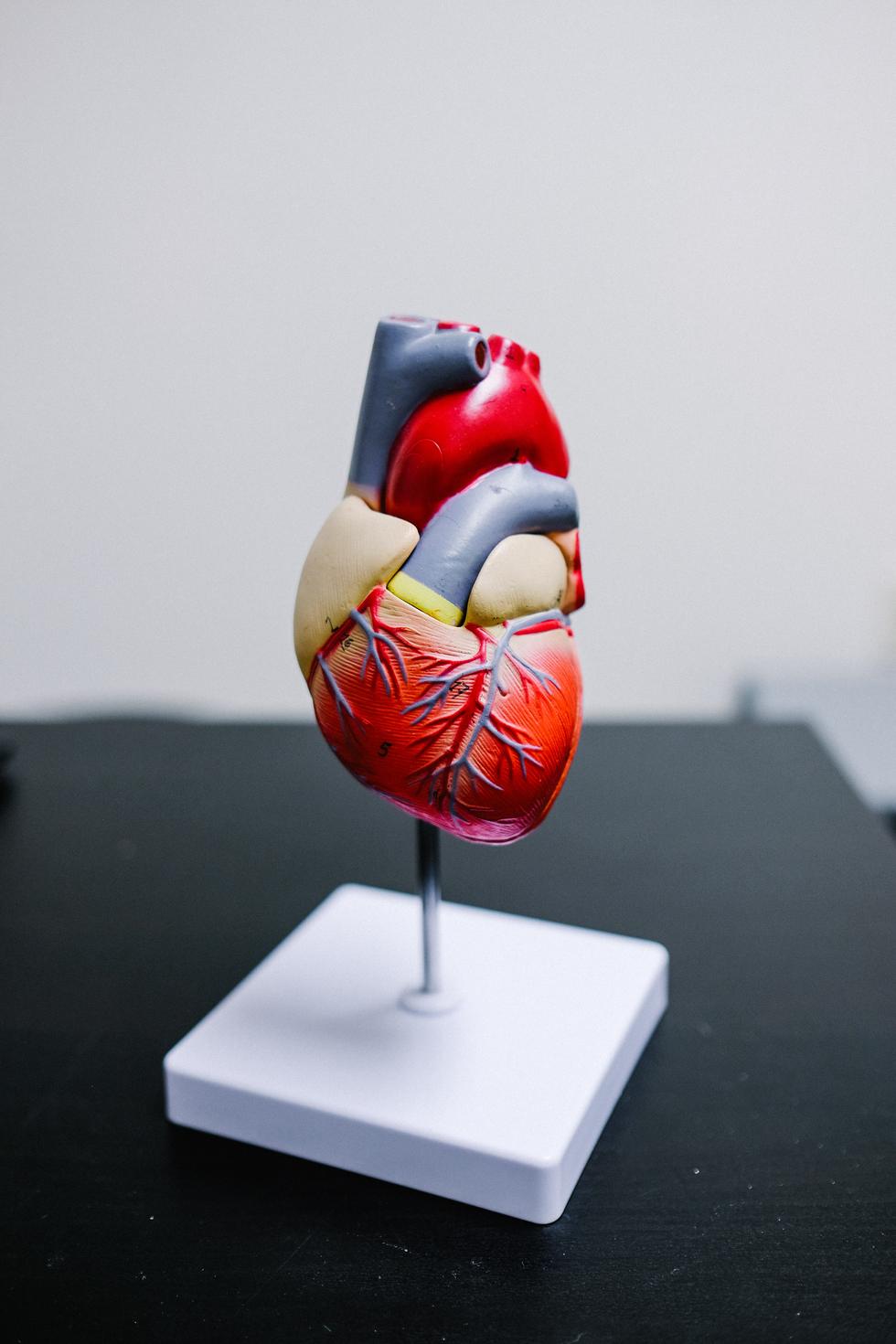Why is high cholesterol unhealthy?
Cholesterol is a fatty substance produced in the liver and used by the body to make cell membranes, hormones and bile. But if we have too much cholesterol in the blood, it can form deposits in the blood vessels, which in turn increases the risk of cardiovascular diseases.
Is cholesterol always bad?
No, cholesterol is an essential substance (nutrient that the body cannot produce itself), which the body needs to function properly. In addition, there are two different types of cholesterol, HDL cholesterol which is described as the "good" cholesterol and LDL cholesterol which is described as the "bad".
What is a good cholesterol level?
Often when talking about the cholesterol value, you are referring to your total cholesterol value - a measurement that indicates the total amount of cholesterol in the blood. This value includes both HDL cholesterol and LDL cholesterol and should be around 5 mmol/l for a healthy adult.
HDL cholesterol (the "good" cholesterol) helps transport excess cholesterol from the blood vessels to the liver for excretion, reducing the risk of plaque formation. At the same time as LDL cholesterol (the "bad" cholesterol) at elevated values contributes to the risk of plaque formation.
As in so many other contexts, however, it is not black or white when it comes to the functionality of the body. It is of great importance to have a balanced cholesterol level in the body at the same time as your values are individual and should be evaluated based on your general health, age and possible disease picture.
The bad cholesterol
To summarize, we want to avoid high levels of LDL cholesterol that lead to deposits on the inside of your blood vessels, which in turn increases the risk of cardiovascular disease.
The good cholesterol
HDL-cholesterol has the task of transporting fatty substances back to the liver where it is excreted as bile - and thereby protects against heart and vascular diseases. Elevated levels of HDL cholesterol are often considered positive and considered good for health. HDL cholesterol is called the "good" cholesterol for that very reason, as it has several beneficial effects on the body and the cardiovascular system.
Should I measure my cholesterol level?
High cholesterol levels are not visible on the outside of the body and require a blood test. By keeping track of your cholesterol level, you can monitor your cardiovascular health and gain valuable information about your risk status for cardiovascular disease. There are several factors that can affect cholesterol levels, including genetic predispositions and lifestyle choices, so knowing your values can help you make decisions about your health.
With us you can order sampling to measure all cholesterol values:
This is how you can lower your cholesterol level
If it turns out that you have an elevated cholesterol value, there are several different measures to lower and optimize your values, here are some concrete tips:
- Avoid saturated fats: Saturated fats are mainly found in animal foods such as meat, cheese and butter, as well as in certain oils. By replacing saturated fats with unsaturated fats, which are found in, for example, olive oil, rapeseed oil and fish, we can reduce the risk of heart and vascular diseases.
- Eat more fiber: Soluble fiber, found in fruits, vegetables and whole grains, can help lower blood cholesterol levels.
- Exercise: Cardiovascular exercise, such as walking, running or swimming, can increase protective HDL cholesterol and reduce the risk of cardiovascular disease.
- Quit smoking: Smoking can lower levels of protective HDL cholesterol and increase the risk of cardiovascular problems.
- Avoid processed foods: Processed foods often contain high levels of saturated fats, refined grains and added sugars, which can increase cholesterol levels.
- Inspired by the Mediterranean diet: A diet rich in fruit, vegetables, fish and olive oil can help lower cholesterol levels.
The cholesterol value is important
Keeping the cholesterol level in check is an important part of preventing cardiovascular diseases. By making healthy choices in diet and lifestyle, we can contribute to maintaining good cardiovascular health and live a longer and healthier life. If in doubt or if you have high cholesterol levels, always consult a doctor for advice and guidance. If lifestyle changes are not enough to lower cholesterol levels, drugs, such as statins, can be used to inhibit the production of the "bad" LDL cholesterol.






















